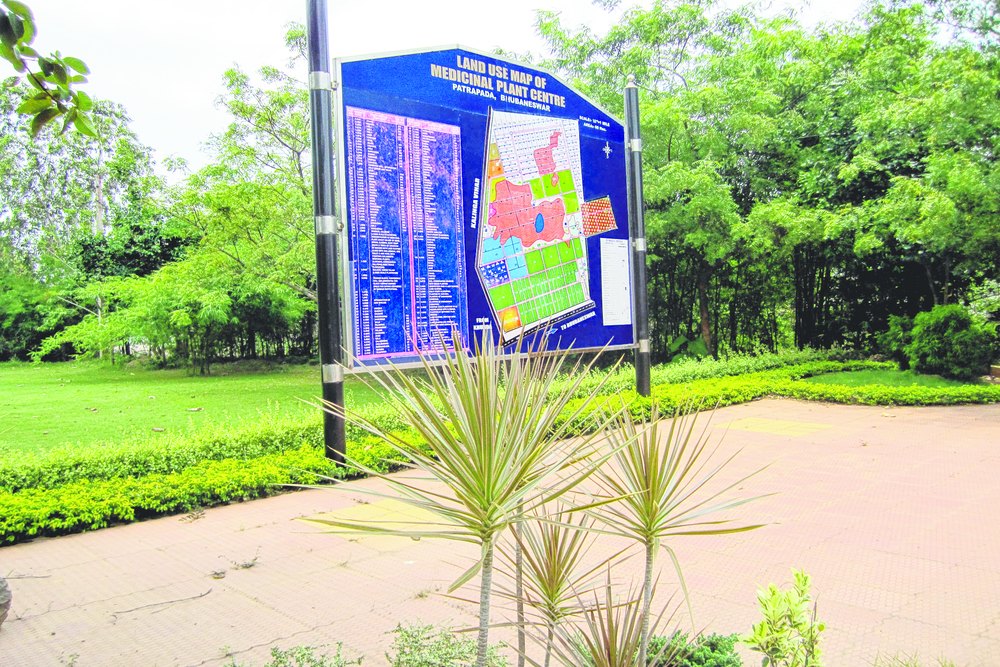
Bhubaneswar, April 24: A herb, which is required for the dayana rituals of Lord Jagannath and used to be procured from the Nilgiri hills in Tamil Nadu, is now being grown in the city, thanks to the forest department's initiative.
Artemisia nilagirica or Indian wormwood, an aromatic medicinal herb found in the Nilgiri range, is being cultivated at the Medicinal Plant Garden at Patrapada on city outskirts. At present, agents, engaged by the Puri Jagannath temple administration, source the plant from its place of origin.
Artemisia flowers have a strong fragrance to repel insects, and that's why, these are kept in cupboards. In Manipur, traditional healers prepare special hair oil from the plant.
Divisional forest officer of the city forest division Prakash Chandra Mishra told The Telegraph: "At present, we have two small beds of the herb in our medicinal plant garden. But as the plant has specific use for the Lord, we now want to scale up its production, and within five years, we will have sufficient herbs to meet the Lord's requirement."
During the dayana service, the nakachana (nasal ornament) of Lord Jagannath is made from the flowers of Artemisia. "Traditionally, the Trinity has a tribal origin, according to the legend. Different medicinal plants associated with the deities' various rituals also prove that the entire Jagannath culture is based on the age-old eco-friendly practices," said the senior forest official.
The medicinal plant garden also has the plants used by the Jagannath temple for preparing the medicine during the anasara (hibernation) after the debasnana purnima.
According to tradition, the deities suffer from fever after the holy bath and need the osa lagi (medicinal service) for cure. Dasamula, one of the major ingredients of the herbal cure, will also be harvested in large quantity in the garden.
While the medicinal plant garden is going to harvest herbal plants for the Trinity, the Regional Plant Resource Centre, also managed by the forest department, is going to have a new garden entirely dedicated to the plants used by the Trinity and their traditions.
Around 200 plants are associated with the Jagannath cult and the centre is building a garden with all the plant species, so that visitors can have a one-stop destination to see all the varieties associated with the Jagannath culture within a small area of five acres.
"The landscaping is under process, and all the plant saplings are now with us. Once rains starts before the Nabakalebar, we will plant the saplings and Gajapati Divyasingh Deb has given his consent to inaugurate it," said principal scientist (taxonomy and conservation) of the centre Pratap Chandra Panda.










